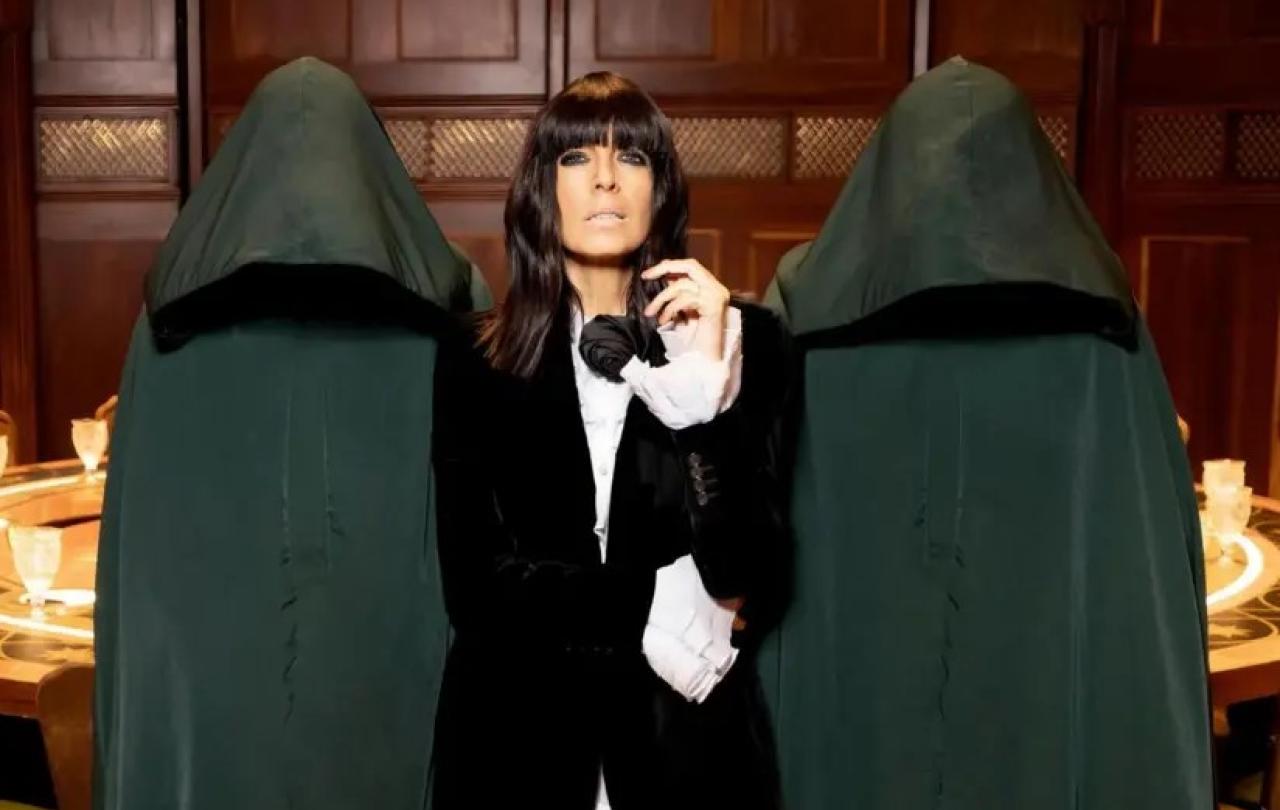
Nigel Farage presumably still believes Elon Musk a ‘hero’ for reintroducing absolutely free speech on X- despite the Billionaire concurrently suggesting that Farage isn’t cut out to lead the UK’s Reform party. If he is truly committed to the free speech cause, Nigel should welcome this verbal attack from Musk as proof that he can take what he often gives out.
This turn of events demonstrates free speech to be a misnomer. Whatever we say - and do - is never free, and always has a price to pay. Farage and Reform ended up paying the embarrassing cost of Musk’s pointed comments this time round, bemused by the volte-face from the man who was in talks to donate to Reform just weeks ago.
We see the cost of our words in our daily lives. Saying ‘sorry’ costs us our pride, saying ‘thank you’ costs us our independence, saying ‘I forgive you’ costs us our chance at revenge, giving a compliment costs us a battle with our own insecurities, and so on. And these are positive words- the verbal price is plainer to see when we have caused hurt, upset, or distress. I am grieved often by a thoughtless or hurtful comment given or received.
The impact of Musk’s words on Farage is clear to see, but there is also an impact on Musk’s inner life. This is the hidden cost of negative speech; the speaker poisons themselves with the negativity they are channelling in what they say. A Hebrew proverb states that ‘death and life are in the power of the tongue, and those who love it will eat its fruits.’ Continuous negative speech will twist a person entirely in on themselves, slowly reducing any capacity to love or bear goodness. Eventually the tongue dictates the whole person; what victimising speech comes out is the sum total of the defiled heart that propels it. There is little ability to pull back- what was once a conscious choice to engage in vitriol has become the unconscious reflex of a vitriolic heart.
Advocates of uncensored speech are usually trying to say something society does not generally accept, and therefore often something extremist. Recognising there is great cost to hurtful speech both to the speaker and the target might encourage those tempted to vent their deepest fears in the form of insult to consider again the power of the tongue.
Questioning Farage’s politics may not be an extremist thought, but we must pay attention to the fact that the ‘hero’ of free speech, Musk, appears to have fallen out with Farage because of their differing opinions on Tommy Robinson, the extremist whom Musk has continued to platform and refused to censor. Farage has distanced himself from Robinson and seemingly incurred Musk’s wrath. Furthermore, Musk’s vile comments over the weekend about Keir Starmer and Jess Phillips demonstrates that repeated insults curate a dark heart.
Perhaps we should not be surprised that Musk seems to be on a concurrent campaign to disrupt democracy as he tries to advocate a total absence of censorship. The role of democracy is to protect minorities; the reason we trust elected officials to vote laws in for us is to protect those unlike us from mob rule. In our society, our elected officials should be protecting the migrants, refugees, ethnic minorities, criminals, the disabled, those unable to work, and any others who are ripe for victimisation by wider society.
These protections, the rule of law, and the court system, means we can live together without our basest human instincts for violence ruling our better judgements. Ours is a society built on biblical principles, and the care for the foreigner and the poor is found continuously from cover to cover of that book. Not only does democracy offer a system of government that offers the protection of the law, but it also incorporates universally just principles with regards protecting minorities.
This is the reason that free speech is curbed to an extent in Britain by the ability to prosecute hate speech. Our elected officials have decided that the cost of some speech is too high to pay. This is not a totalitarian imposition, but a recognition that in an internet age, hateful opinions spread too quickly and too visibly to be tolerated.
In order to attempt to curate a society of gentler and healthier hearts, we should turn to the teacher whose words operated exclusively in grace and truth. Jesus recognised that speech was not free, saying on one occasion that each person would have to account for their careless words before God on the day of judgement. Deeper than even the consequences for our own selves and the recipients in the immediate moment, this eternal cost should remind us of the responsibility to use our words wisely and to deal in truth, encouragement, and wise critique.
All our words have tariffs - Jesus’ earthly life was full of negative reactions to his speaking the truth. And yet, for ourselves, for our societies, and for those who need protection from hatred: we must think twice before we speak. For our words cost more than we will know in this life.
Join with us - Behind the Seen
Seen & Unseen is free for everyone and is made possible through the generosity of our amazing community of supporters.
If you’re enjoying Seen & Unseen, would you consider making a gift towards our work?
Alongside other benefits (book discounts etc.), you’ll receive an extra fortnightly email from me sharing what I’m reading and my reflections on the ideas that are shaping our times.
Graham Tomlin
Editor-in-Chief





